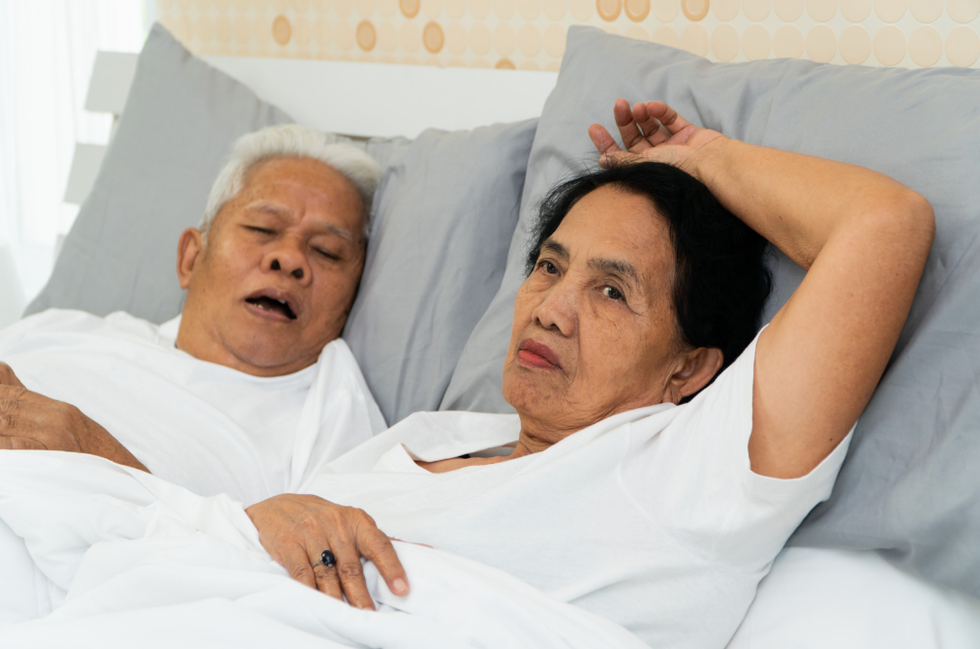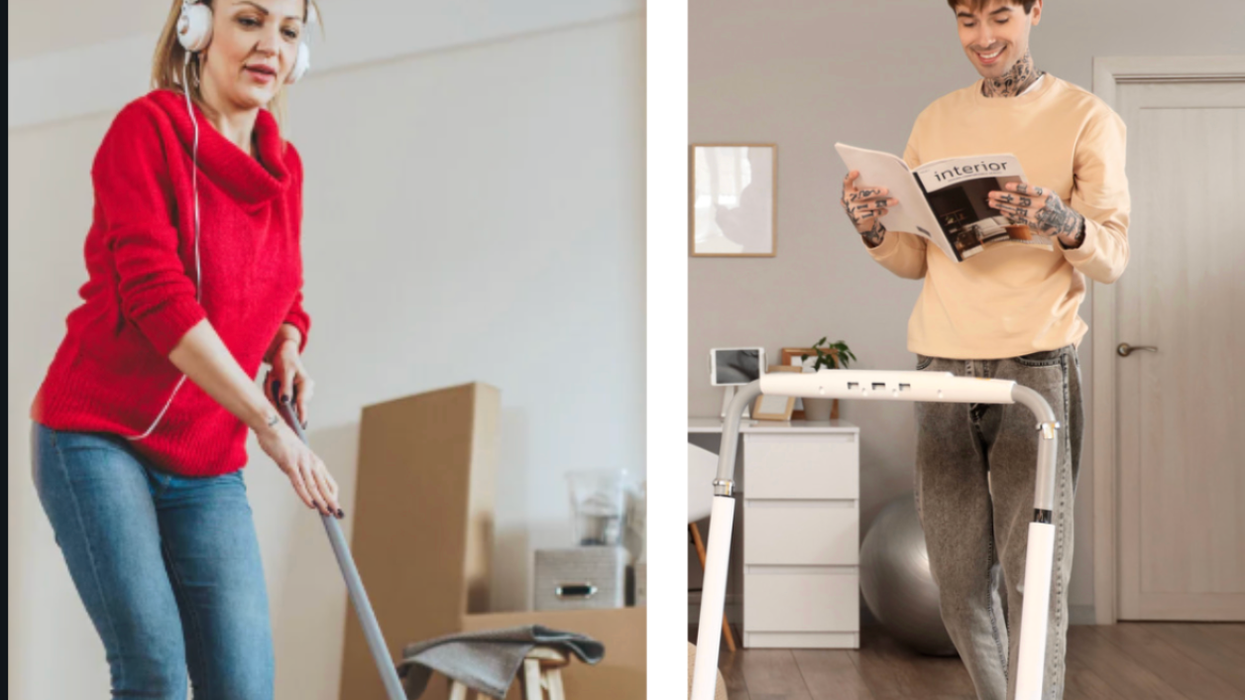For many people, having a partner in bed with you is a great way to end your day and go to sleep. Aside from the physical activity, it can be nice to share a warm bed and snuggle up with a person you love to release feel-good chemicals through cuddling, have a second body to help warm up the bed, and feel connected with your partner.
However, many older couples are routinely sleeping independently without any issue. Why is that? Well, many younger folks have gone to Reddit to ask older people why they’ve decided to stay together yet sleep alone with their spouses or partners.

For most of the older couples, the move to sleeping in separate quarters was for practicality:
“I was absolutely sick of being asked in the middle of the night to sleep on the sofa due to snoring. A few years back we got a puppy and I moved downstairs to sleep to facilitate the 4 times a night it needed to go out. The move became permanent. It just works better.”
“My husband hated it at first, too, when it was just occasional nights that I would sleep in another bedroom or on the sofa, but when he started having trouble sleeping, too, and started realizing how much better he slept when I wasn't tossing and turning next to him, he got on board.”
“I’m a morning person in need of a quiet space to sleep while my husband is a night owl and needs to fall asleep to the TV.”
“My habit is to read for an hour or 2 before dozing off. Husband needs TV on. I sleep cold, he sleeps hot. The last time we shared a bed, he kicked me out and I hit my head on the nightstand. Separate rooms.”
“We are both terrible sleepers as we get older and we end up waking each other up all night with tossing and turning, trips to the bathroom, snoring, etc. At some point, a good night of sleep becomes more important than sleeping in the same bed.”
While one can think that this is a red flag indicating a problem in the relationship. After all, the telltale sign of trouble in a relationship on TV and in film is when one half of the couple sleeps on the couch. But many of these posters say that this isn’t the case:
“We also spend time in bed together every night before retiring to our separate rooms, and I think that's an important habit to maintain. It's OK not to do it every night, but for us, anyway, it maintains the emotional and physical intimacy, and I notice a difference if we skip that time together for more than a week.”
“I sleep from 9pm – 5am and he sleeps from 12am – 8am. Our relationship is healthier, and people act like it means we aren’t intimate anymore lol. As if intimacy is only at night in the bed.”
“I usually climb into bed anywhere from 0-4 hours before she gets up, and we always cuddle. But we almost never go to sleep at the same time. That's why I tuck her in every night. We cuddle a lot before she goes to sleep, and joke around and she teases me or I tease her until she wants to go to sleep. :)”
“We spend time in bed together every night before we go to sleep, and then we retire to our separate bedrooms and get a good sleep.”
A 2017 poll from the National Sleep Foundation found that one in four couples actually sleep separately. So is this “sleep divorce” practice actually healthy? Or will it just lead to actual divorce? Well, according to psychologist Dr. Joseph Cilona of Manhattan, it all depends on the reasoning behind getting separate bedrooms.

"The effects of sleeping in separate rooms can be extremely positive for a relationship, extremely negative for a relationship, or anything in between," said Dr. Cilona to USA Today. “Each couple should examine and discuss clearly and specifically their thoughts, feelings, and needs around this issue to find a mutually satisfying compromise."
In short, it appears that whether it’s healthy if you sleep together or separately depends on “why” you’re not sleeping together. Many of these psychologists believe that as long as both partners are on board and that the purpose is so that your loved one can get quality rest that it shouldn’t negatively impact the relationship. In fact, both people in the couple getting quality sleep ultimately makes each one happier overall.
Whether alone or together, having a good night’s rest leads to better connection and life with your partner.
























 Ladder leads out of darkness.Photo credit
Ladder leads out of darkness.Photo credit  Woman's reflection in shadow.Photo credit
Woman's reflection in shadow.Photo credit  Young woman frazzled.Photo credit
Young woman frazzled.Photo credit 